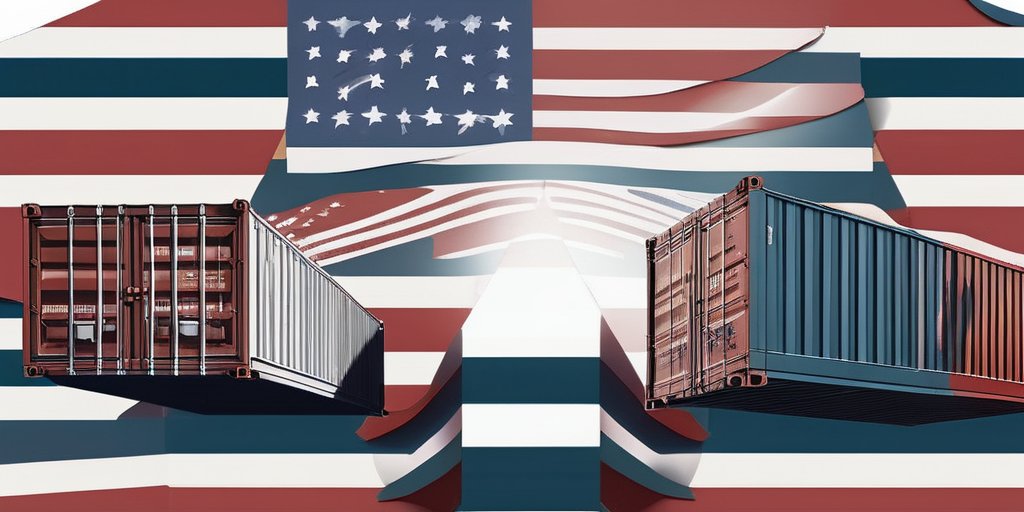In a significant move, the recently established US-UK tariff deal now allows British carmakers better access to the US market, reducing tariffs on up to 100,000 vehicles sold to the United States to 10%, a substantial decrease from the previous 27.5% rate. This agreement is part of a broader effort to strengthen trade ties, especially in the automotive and aerospace sectors, and is seen as a response to the sweeping tariffs that were set in place by former President Donald Trump.
Recently signed during the G7 summit, this deal also eliminates all tariffs on UK aerospace exports, sparking optimism in those industries. UK Prime Minister, Sir Kier Starmer, referred to it as a “historic deal” that is crucial for safeguarding vital industries and protecting numerous jobs across the country.
However, not all sectors are celebrating. The UK steel industry is facing increased uncertainty, as tariffs on steel and aluminum imports into the US remain fixed at 25%. These rates could potentially double to 50% unless both nations reach a mutually beneficial agreement before the looming deadline of July 9.
Liam Bates, Managing Director of Marcegaglia, expressed concern regarding the potential ramifications of these tariffs stating, “The first 25% increase on steel import tariffs has gone through and it had made trade a lot tougher with the US.” The looming uncertainty creates significant challenges for manufacturers who rely on transatlantic trade.
Former President Trump, while addressing the situation in a recent interview with Fox News, indicated he is not keen on extending the deadline for tariff negotiations, stating “I don’t think I’ll need to, I could, no big deal”. This exertion of influence underscores the long-standing ramifications of Trump’s tariffs that continue to ripple through international trade dynamics even after his presidency.
Adding to the complexity, UK authorities are tightening existing safeguards on steel imports, aimed at preventing foreign steel from flooding the UK market at lower prices. This move aims to bolster domestic industries against international competition and ensure fair pricing in imports.
As industries adapt amid these changes, clarity on steel tariffs remains essential, with many searching for strategic options to navigate this turbulent trade environment. With the deadline fast approaching, businesses are left in a state of apprehension as they await the final decisions that could impact their operations significantly.
